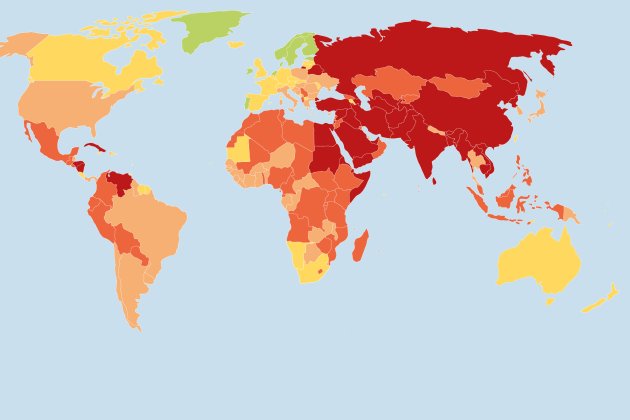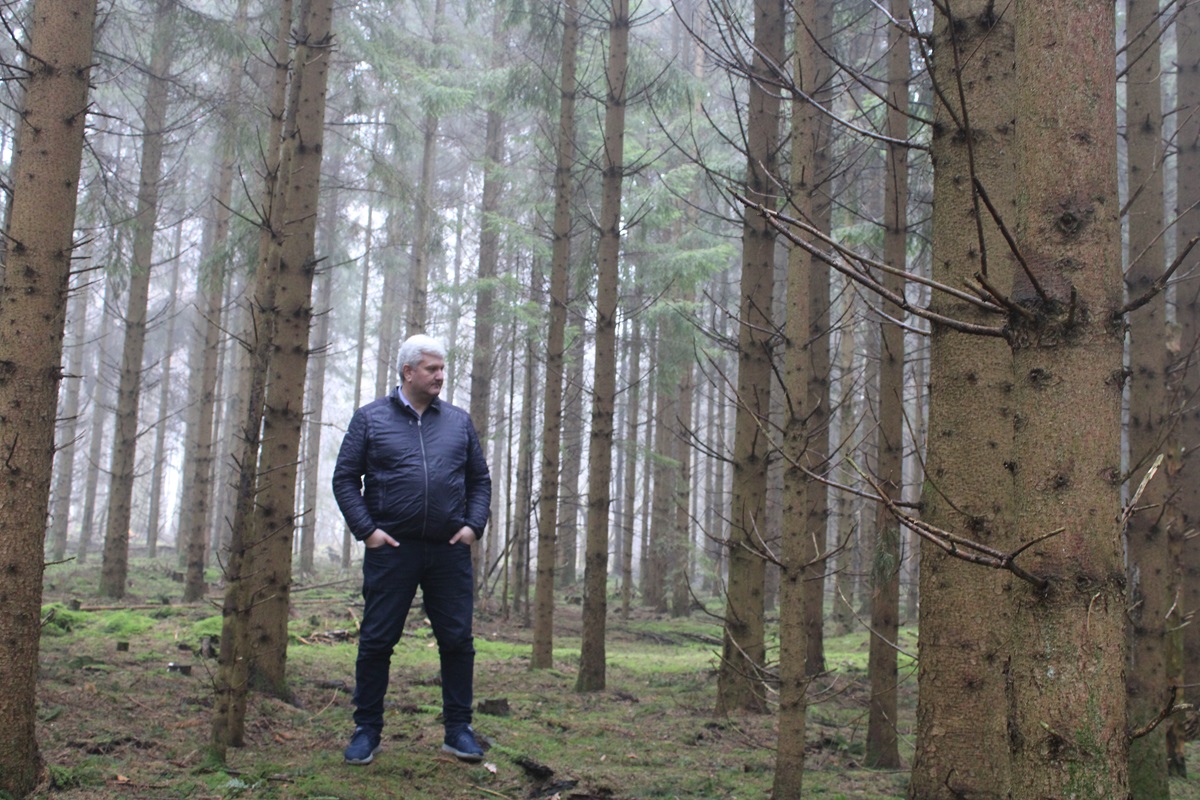The deportation of a Thai mother and her 7-year-old daughter might be overturned following enormous political and public opposition to the decision.
Im Nielsen moved to Denmark four years ago after her mother Suditha married a Dane, Johnny Nielsen, who died last year of cancer.
Im only speaks Danish, attends the local school and enjoys a close relationship with the family of her deceased stepfather.
She was deported with her mother on Sunday, however, after the Immigration Service, the immigration appeals council and Hjørring City Court determined that, following the death of Johnny Nielsen, their ties to Thailand were stronger than to Denmark.
READ MORE: 7-year-old deported after losing immigration battle
Widespread protest
The case has struck a nerve in the Danish public and nearly 85,000 Danes have expressed their dissatisfaction by liking the Facebook page, 'We are against the deportation of Im and her mother'.
The decision was widely condemned by politicians, including members of the right-wing parties Venstre and Konservative, whose coalition government (VK) is largely responsible for Denmark’s tough immigration rules.
“This case is about ensuring that we have a fair system, which is why we are prepared to look at all the opportunities that would enable Im to return to Denmark,” Venstre’s immigration spokesperson Inger Støjberg told TV2 News.
She denied that the VK government was solely responsible for Im’s deportation, as similar cases were reported before the VK government took power. In all, well over 1,000 children under the age of 12 have been deported since 2005.
Government forced to take action
Justice minister Morten Bødskov (S) admitted that the deportation was an unintended consequence of immigration legislation but at first refused to intervene in the Nielsens' case.
He changed his tune earlier today, however, announcing that he would meet with representatives of all the political parties this evening in order to negotiate a law that could retroactively allow Im and Suditha Nielsen to return to Denmark.
Bødskov told Politiken newspaper that all parties in parliament would have to support the law, however, insinuating that Im’s fate rests on anti-immigration Dansk Folkeparti (DF) agreeing to ease immigration laws that the party has fought tooth and nail to tighten.
READ MORE: Agreement ends deportation of youngest children
In DF’s hands?
DF’s immigration spokesperson Martin Henriksen told Berlingske that he sympathised with Im and Suditha, but that he could not guarantee his party’s support.
“DF is, generally speaking, uneasy about special laws and I can’t say whether we would support it because I have not seen it,” Henriksen said.
In a statement that seemingly contradicts with what he told Politiken, Bødkskov told Ritzau that DF would not have the final say over whether Im and Suditha Nielsen could return to Denmark.
“Dansk Folkeparti does not have a veto over the government’s considerations. I am satisfied by DF’s statement that they are ready to look at the government’s proposal, but DF does not have a veto,” he said.
Hundreds of deported children
While Im Nielsen has captured the attention of the nation, her case is hardly unique. According to Berlingske newspaper around 150 to 200 children under age 12 are deported from Denmark every year.
In another current case, Bornholm resident Benny Kristian Andersen has had his family reunification application for his Taiwanese wife and their one-year-old daughter rejected because he is not considered capable of providing for them. The family now needs to leave the country.
Andersen is receiving the benefit kontanthjælp due to illness and was told that he could instead move with his wife and daughter to Taiwan where the is medication is available.
In another case from September, Aarhus resident Kenneth Iversen, his Vietnamese wife Yen Ngoc and their two children decided to leave Denmark for Germany after attempts to get their family reunification rejection re-opened by the immigration appeals council, Udlændingenævnet, were rejected.















